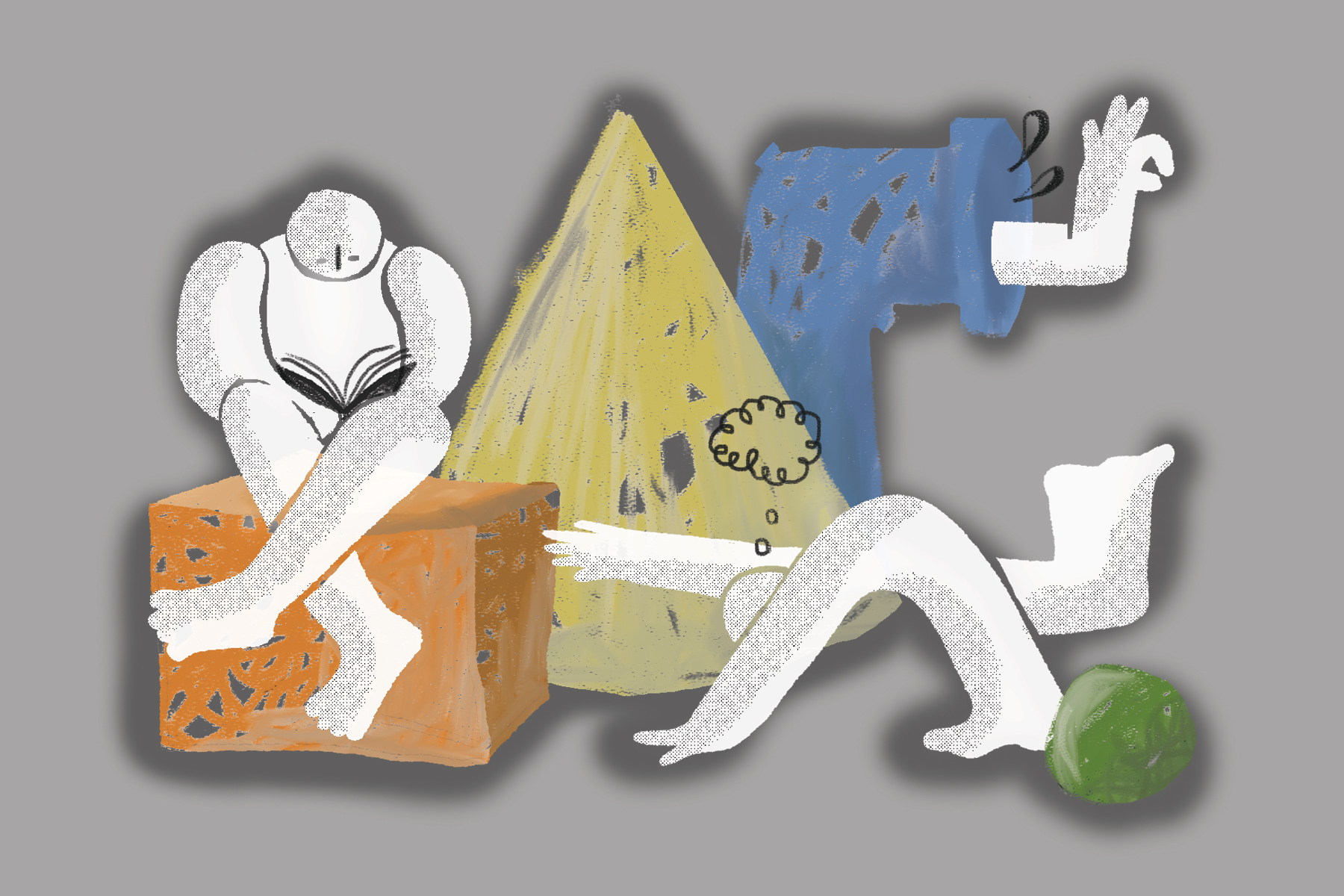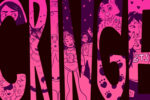When not plagued by bouts of productivity-depleting anxiety during the pandemic, I’ve tried to channel any creativity I can muster. It has proved a challenge to say the least, and while I slowly build up my artistic motivation, I have been searching for tips on how best to live productively during challenging times. My favorite resource is Elizabeth Gilbert.
Best known for her memoir “Eat, Pray, Love,” Gilbert has written several books, including “Big Magic,” her guide to living a creative life. I read “Big Magic” last summer, and it instantly resonated with me. Gilbert addresses some of the most universal and persistent bugbears that challenge creativity, rejecting the romantic ideal of the inspired, yet tortured artist and embracing the frustration of daily writing.
I highly recommend “Big Magic” as a guide for anyone, but Gilbert also provides some excellent recommendations that pertain to our current lifestyles during the pandemic. She has shared her quarantine recipes on Instagram and in interviews, and I have scoured the web for her nuggets of wisdom so you don’t have to. Heed her advice, and that elusive inspiration might just come knocking.
1. Isolate yourself in the right way
In response to one of her followers who lamented a lack of creativity resulting from pandemic isolation, Gilbert created an Instagram video sharing her thoughts on being innovative during quarantine. Her first piece of advice was counterintuitive: “Maybe you need to be isolating more.” When I first heard this, I thought she might have misspoken — wouldn’t further isolation provide the opposite of a creativity boost?
https://www.instagram.com/p/B_iYEylBsRQ/
But Gilbert’s explanation made complete sense. She doesn’t just recommend further isolation, but the right kind of isolation. Some may be feeling alone from living by themselves or with just a few companions, and if they are engaging with a barrage of information from news media, their minds may be anxious and not conducive to productivity. From my own experience of attempting to satisfy my need for the “outside world” through media, I know how exhausting virtual life can be.
Instead, substitute the time you would usually take to catch up on social media or news with activities that support your mind. That could be focusing more on taking care of yourself through things like meditation, burning off pent-up energy through exercise or simply committing your time to a creative activity. Whatever you choose, your brain will thank you for it.
2. Make an art trap
I often find that my biggest obstacle to beginning a new project is simply starting. It’s easy for me to feel like I’m stuck in a rut, and whether I use this as a mere excuse or a legitimate reason to put off a project, it often prevents me from making anything. This is especially true during the pandemic, when anxiety runs high and motivation runs low.
Gilbert knows this feeling all too well: Finding inspiration ample but difficult to actually access, she believes that we can only receive new ideas when we are in the appropriate physical and mental space. While mental clarity may be hard to come by right now, we can still tailor our physical spaces to encourage more creative activities — although not necessarily in a feng shui kind of way. In an atmosphere that is so conducive to Netflix bingeing, we need more than just a pleasant space to work. We need an art trap that we can’t ignore, no matter how strongly the couch beckons.
In another recent Instagram video, Gilbert describes an art trap as a physical space, preferably one that you walk by often, that you’ve filled with art supplies — any artistic tool that you enjoy using. If you can’t summon the energy to sit down and craft the novel you’ve been meaning to write, then an art trap might be the right artistic temptation for you. Gilbert believes creativity calls often, but most of the time we’re not listening. The physicality of an art trap makes it much easier to be drawn into the right headspace. As Gilbert says, “If art comes, I’m going to catch it!”
https://www.instagram.com/tv/B-7TtIdBlPm/?utm_source=ig_embed
3. Return to childhood art activities for self-care
Gilbert recognizes that mental health is a huge component of creativity. As part of the TED Connects series, Gilbert took part in a virtual conversation about how to cope with anxiety and fear during quarantine. She recommends that people show themselves “mercy and compassion” during this time. She stresses that there should be no obligation right now to be productive, and that we certainly shouldn’t be letting fear dictate how we live our lives.
In fact, Gilbert’s entire philosophy addresses fear: The subtitle of “Big Magic” is literally “Creative Living Beyond Fear.” Gilbert’s ideas advocate for taking care of one’s mental health, for being realistic about the strengths and limits of our humanity and for reframing the pressure surrounding productivity. “Big Magic” tackles how fear keeps us from living our most imaginative lives. Gilbert argues that fear is unavoidable and frustrating, but it’s also boring; it’s completely unoriginal and only helps us when we’re in real peril. Creativity doesn’t pose life-threatening danger, but it can make you fear how people will respond to your art. What if it’s not good enough? What if I’m a complete fraud?
Gilbert addresses both pandemic fears and creativity fears in an interview with Penguin Random House, suggesting that the best thing to do to alleviate both is to channel your inner artistic child. “Somebody said that you had a bad voice, somebody said that you were a stupid dancer. But up until somebody informed you that you needed to be ashamed of it, you really liked doing it. So, see if you can figure out … what it was,” Gilbert says. These activities, like drawing and crafting, were not only what we did to unabashedly create without fear of judgment, but also what we did to cope with tough feelings. Returning to these activities now is the perfect activity for self-care — and it might just get you in the right mindset to finally shut down that judging voice in the back of your head.
















